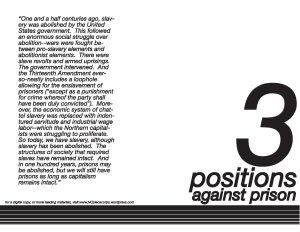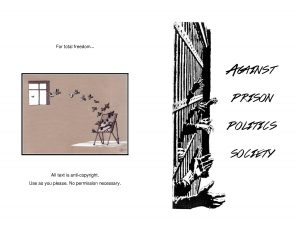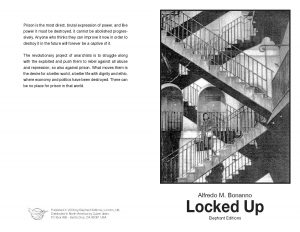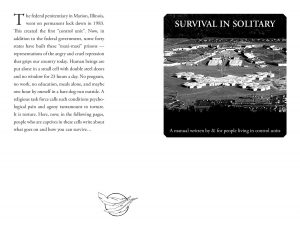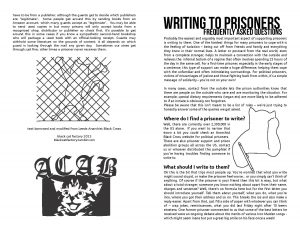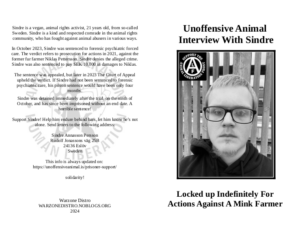
From back cover:
Sindre is a vegan, animal rights activist, 21 years old, from so-called Sweden. Sindre is a kind and respected comrade in the animal rights community, who has fought against animal abusers in various ways.
In October 2023, Sindre was sentenced to forensic psychiatric forced care. The verdict refers to prosecution for actions in 2021, against the former fur farmer Niklas Pettersson. Sindre denies the alleged crime. Sindre was also sentenced to pay SEK 10,000 in damages to Niklas. The sentence was appealed, but later in 2023 The Court of Appeal upheld the verdict. If Sindre had not been sentenced to forensic psychiatric care, his prison sentence would have been only four months.
Sindre was detained immediately after the trial, on the ninth of October, and has since been imprisoned without an end date. A horrible sentence!
Support Sindre! Help him endure behind bars, let him know he’s not alone. Send letters to the following address:
Sindre Annasson Persson
Rudolf Jonassons väg 25B
24136 Eslöv
Sweden
This info is always updated on: https://unoffensiveanimal.is/prisoner-support/
solidarity!
